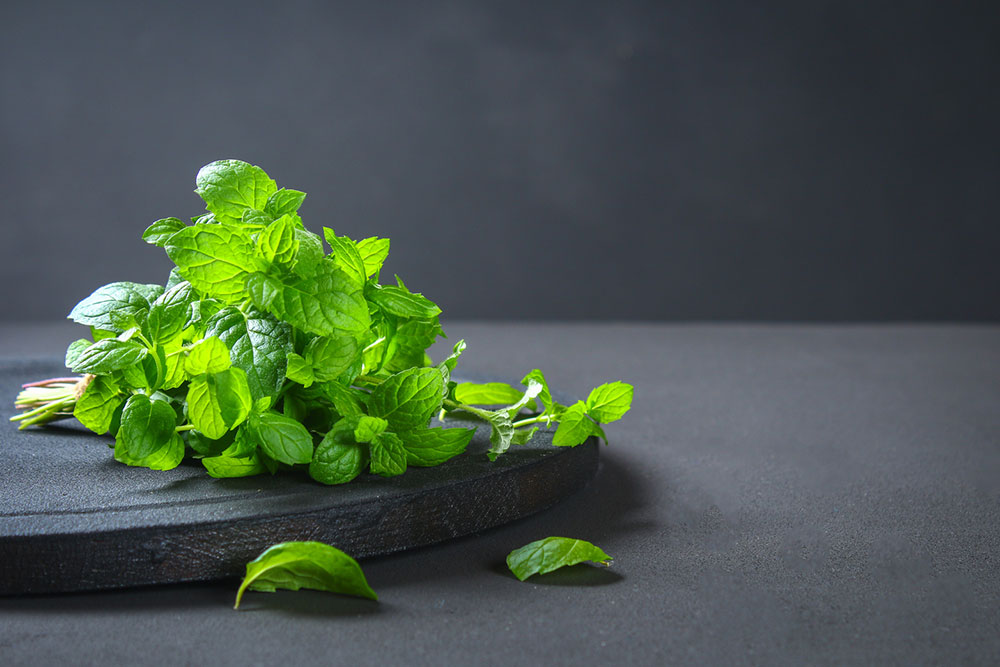10 food items that can help fight bad breath

Bad breath can be an embarrassing limitation to those suffering from it. Individuals with bad breath or halitosis tend to avoid social interactions and have communication issues as they hesitate to speak freely. While there are measures like chewing sugarless gum to get rid of this oral health condition temporarily, there are some foods that can be incorporated into one’s daily meals to help with the difficulty. Keep reading to learn more about them.
Pineapple
The enzyme bromelain in pineapple can help break down proteins in the mouth and reduce the buildup of odor-causing bacteria.
Ginger
Ginger has natural antimicrobial properties and a strong, pleasant aroma that can help mask bad breath.
Cinnamon
Cinnamon contains essential oils with antibacterial properties that can help combat oral bacteria and freshen one’s breath.
Cranberries
Cranberries contain compounds that can help prevent the growth of bacteria in the mouth.
Celery and carrots
These crunchy vegetables stimulate saliva production and help clean the teeth, reducing the buildup of bacteria and food particles.
Mint
Mint leaves and mint-based products like sugarless gum can provide a refreshing and pleasant aroma, temporarily masking bad breath.
Yogurt
Plain yogurt with live probiotics can help balance the oral microbiome, reducing the growth of odor-causing bacteria.
Herbs and spices
Parsley, mint, and cardamom are herbs and spices that can help freshen breath due to their natural aromatic properties.
Citrus fruits
Citrus fruits like oranges and lemons can stimulate saliva production and mask bad breath temporarily.
Other options
Water
Staying hydrated is vital to maintaining a moist environment in your mouth, which can help reduce bad breath. Drinking water can also rinse away food particles and bacteria.
Green tea
Green tea contains compounds that can restrict the growth of oral bacteria and reduce the production of sulfur compounds.
Sugarless gum or sugarless mints
The ingredients in sugarless mints can stimulate saliva production. A dry mouth is more prone to bad breath, and since saliva is a natural mouth cleanser, it helps wash away food particles, bacteria, and dead cells that cause bad breath. Sugarless mints also contain flavorings like mint, cinnamon, or fruit that can provide a temporary solution in social situations. Sugarless mints are also less likely to contribute to tooth decay and cavities than sugar-containing mints.
It is important to note that while these foods and other options can provide temporary relief, addressing the root cause of bad breath is crucial for long-term success in combating halitosis.



